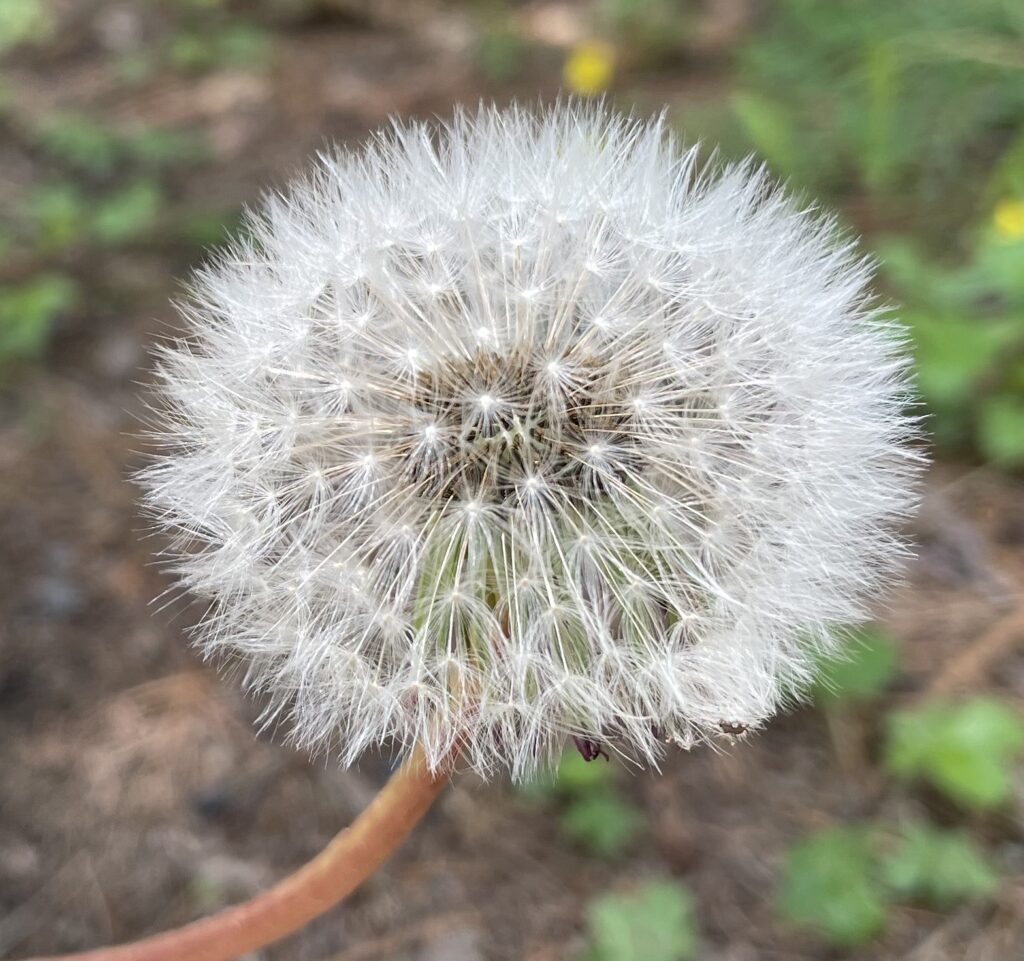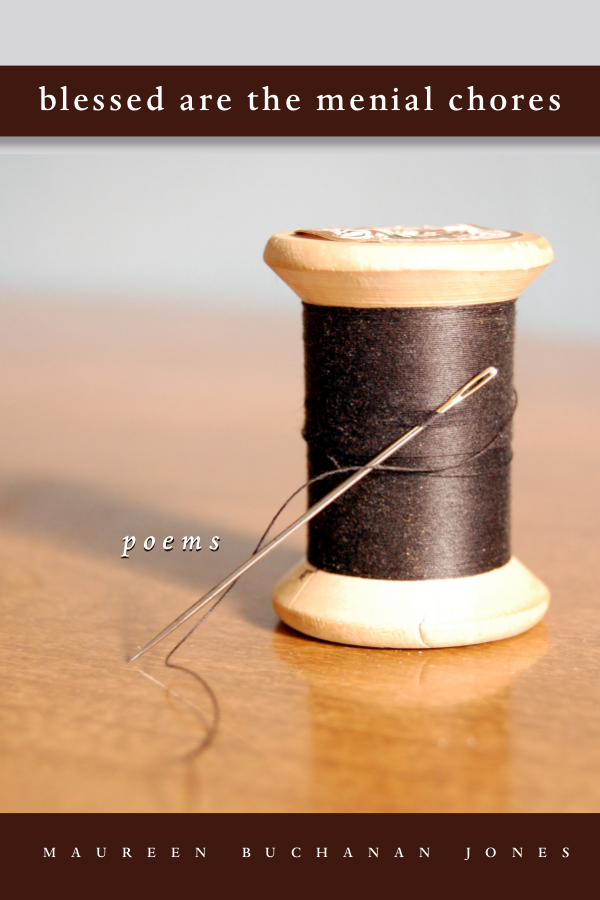Two friends of mine have run the Boston Marathon. One completed the 24.8-mile race in 2 hours 40 minutes and the other in 4 hours and 55 minutes. It would be easy to imagine the slower runner would be envious of the faster runner.
Envy is a wonderful plot theme, desiring what others have and we don’t. Longing for love or talent or wealth as if they are objects to be handed over. I often hear someone in a workshop say they wish they could write like someone else, but to envy another’s writing voice is to want the impossible. A writer’s voice is uniquely their own, forged out of a life lived and created from an internal music that combines with the alchemy of the creative process. Just as my runner friends have two different bodies, with different training regimens, different experiences, and different goals, writers have a distinct combination of innate rhythms, vocabulary, and internal imagery.
Both runners are skilled and determined athletes with different personalities and motivations. They are both to be admired for their accomplishment. No doubt, should they compare their strategies and racing techniques, they would learn from one another. And the same is true for writers.
To wish to write like someone else, is to do both the other writer and one’s own writing an injustice. Here is why:
- Every writer learns their truest voice in the rhythms, vocabulary, and imagery at home, on local streets, in early school years.
- As children, some writers have books read to them and have books available, so they can more easily absorb the belief that writing is valuable.
- Some writers are encouraged and supported in their writing, learning to believe in their own voice and gaining confidence in articulating and experimenting with thoughts and imaginings.
- Some writers have an education in naming elements of craft and identifying how and why a literary work pleases and succeeds. They can apply this knowledge to their own writing. Some writers learn that elements of craft are not a mystery but tools waiting to be employed and practiced.
- All of the above are also true in the reverse. Some writers were not read to, did not have books available, were not encouraged or supported, and do not have a craft-based education. To write despite what was not provided requires believing that what one wants to say should be written. This is a mighty strength. There is also power in inventing a written way forward. Writing to define oneself, holds formidable authenticity. All writers are claiming their Art.
In a marathon runners say: Run your own race. So too in writing: Write your own write.
Upcoming Events
Fantasy Workshop Online. July 6th & 7th 2024, 10:00 a.m. – 5:00 p.m with break for lunch: Join me for two days of world building, establishing conflict and tension, developing characters and their point of view, using dialogue to deepen plot and themes. We will write together in the workshop, listen and support each others’ work with respect. Spaces limited. Cost: $400. Contact: maureen@maureenbjones.com
AWA Write Around the World: The entire month of May Amherst Writers & Artists is offering workshops to people around the globe. These workshops will be led by AWA-trained facilitators. This is an opportunity to experience the AWA Method, to meet far-flung fellow writers and support AWA. https://amherstwriters.org/write-around-the-world/#!calendar/r
Prompt Photo

Who is wishing, and what are they wishing for?


